Refugee numbers top 520,000 in Uganda
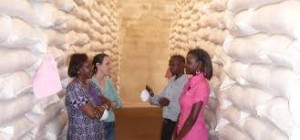 KAMPALA, APRIL 9 – The World Food Programme will be in a position to sustain support to 400,000 refugees who depend on international support in Uganda for the next to four months after receiving $30 million in new support from donors.
KAMPALA, APRIL 9 – The World Food Programme will be in a position to sustain support to 400,000 refugees who depend on international support in Uganda for the next to four months after receiving $30 million in new support from donors.
The agency says the cash injections from the European Commission’s Humanitarian Aid and Civil Protection Department (ECHO), the Japanese government, the USA and the United Nations Emergency Response Fund (UN CERF) come at a time when Uganda is facing an influx of refugees fleeing crises in neighbouring countries.
“This funding will enable WFP to continue providing food, cash and life-saving nutrition support for a record number of refugees over the next three to four months,” said Michael Dunford, WFP’s Country Director for Uganda.
“WFP is extremely grateful to all the donors for providing such generous funds early in the year, helping us to meet the needs of the refugees efficiently and effectively,” he added.
With the latest funding the WFP is left with a funding gap of $10 million to continue support for refugees over the next six months.
Refugees continue to stream into the country with 12,000 arriving from South Sudan in January alone adding to the daily stream from Burundi and the DRC. The country is now playing host to 520,000 refugees 400,000 of whom depend on WFP assistance for their nutritional needs.
Dunfords says they will use the latest resources to purchase food on the local and regional markets for relief support, and for treatment of moderate acute malnutrition among young children, pregnant women and new mothers.
Some of the funding from Japan will support refugees and host communities to boost their agricultural earnings and self-reliance through a joint livelihoods programme developed by WFP, the Ugandan Office of the Prime Minister (OPM) and UNHCR.
The WFP which offers a choice between food and cash for long-term refugees in Uganda who are living in settlements with functioning markets says it will for the first time exceed 50,000 cash receipts amongst the refugee population. Providing cash allows families the flexibility to meet their food needs, buy fresh foods and diversify their diets. A key component of food security is people’s ability to choose their preferred food items.
WFP further says that while Uganda cannot be chosen as the number one preferred destination for refugees, continuous instability in the neighboring countries of Burundi, Sudan, and Congo, traditional hospitality and generous asylum policies of the Ugandan Government have made it suitable for settlement. In January alone, despite struggling with famine in the Karamoja region which saw many lives lost, Uganda received 12,000 refugees from South Sudan, and more refugees continue to arrive daily from Burundi and the Democratic Republic of Congo.

 100+ Accelerator selects Ugandan startup Yo-Waste to pilot glass recycling at Nile Breweries
100+ Accelerator selects Ugandan startup Yo-Waste to pilot glass recycling at Nile Breweries
 Boeing’s record SAF purchase supports airlines decarbonisation efforts
Boeing’s record SAF purchase supports airlines decarbonisation efforts
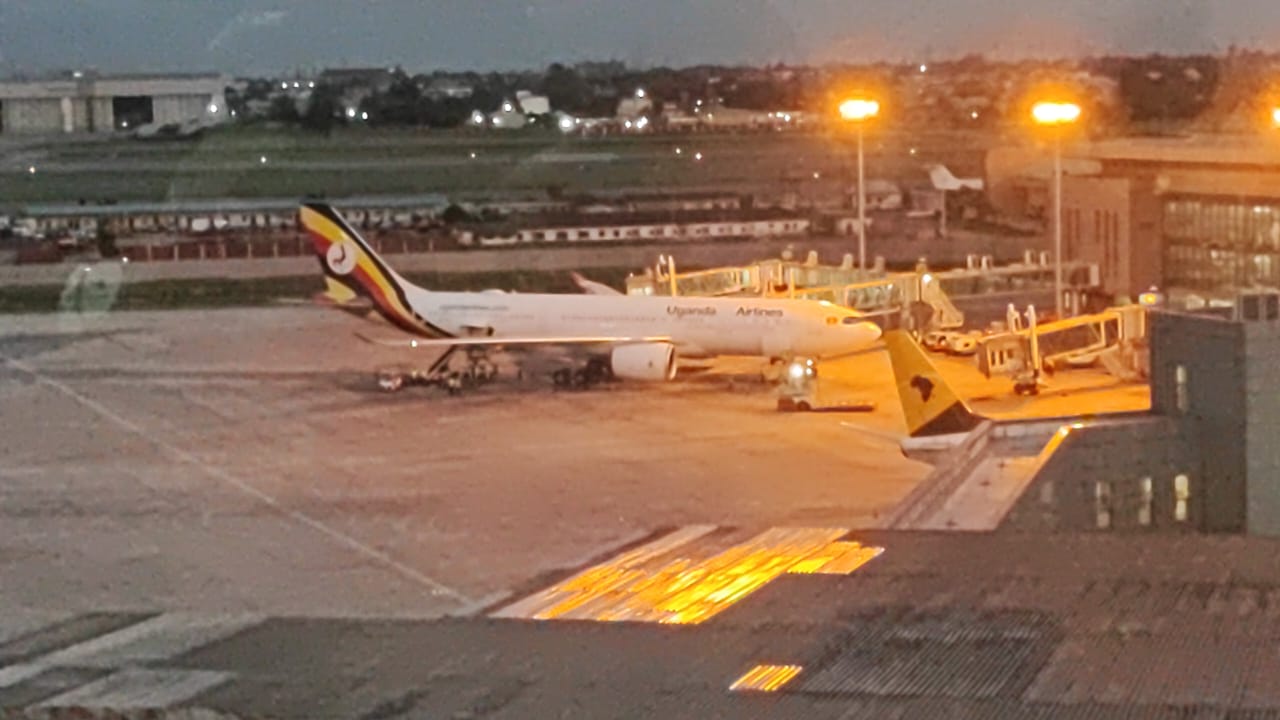 Uganda Airlines likely to miss Spirit A320neo delivery slots
Uganda Airlines likely to miss Spirit A320neo delivery slots
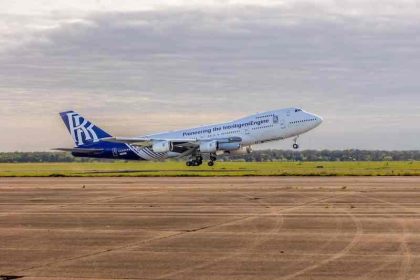 Rolls-Royce Pearl 10X engine takes flight
Rolls-Royce Pearl 10X engine takes flight
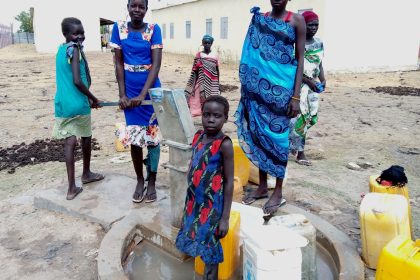 Unpacking results-based financing: balancing strengths with weaknesses
Unpacking results-based financing: balancing strengths with weaknesses
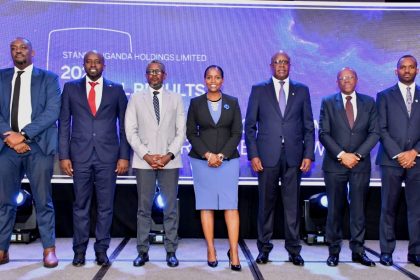 Big fish in small pond Stanbic notches up $100m profit for 2023 topping previous figure by 15%
Big fish in small pond Stanbic notches up $100m profit for 2023 topping previous figure by 15%
